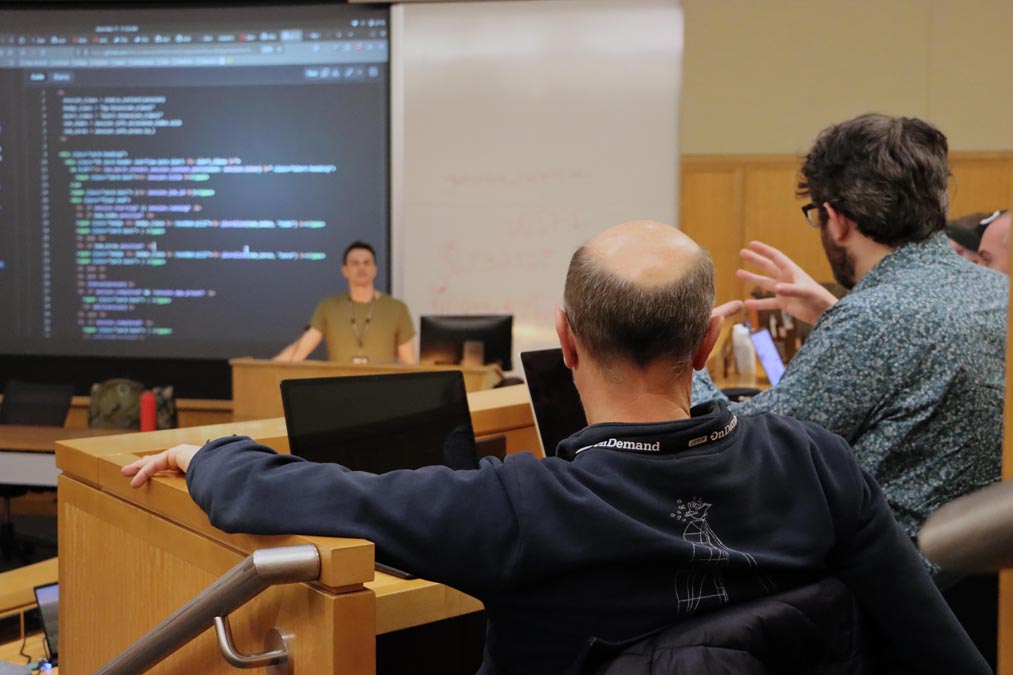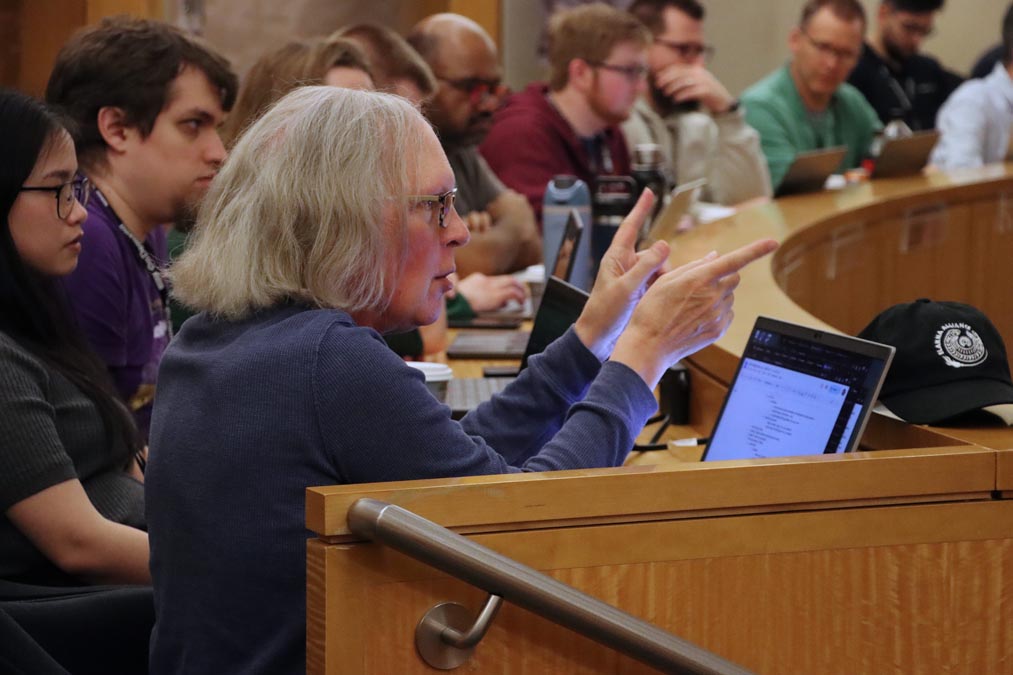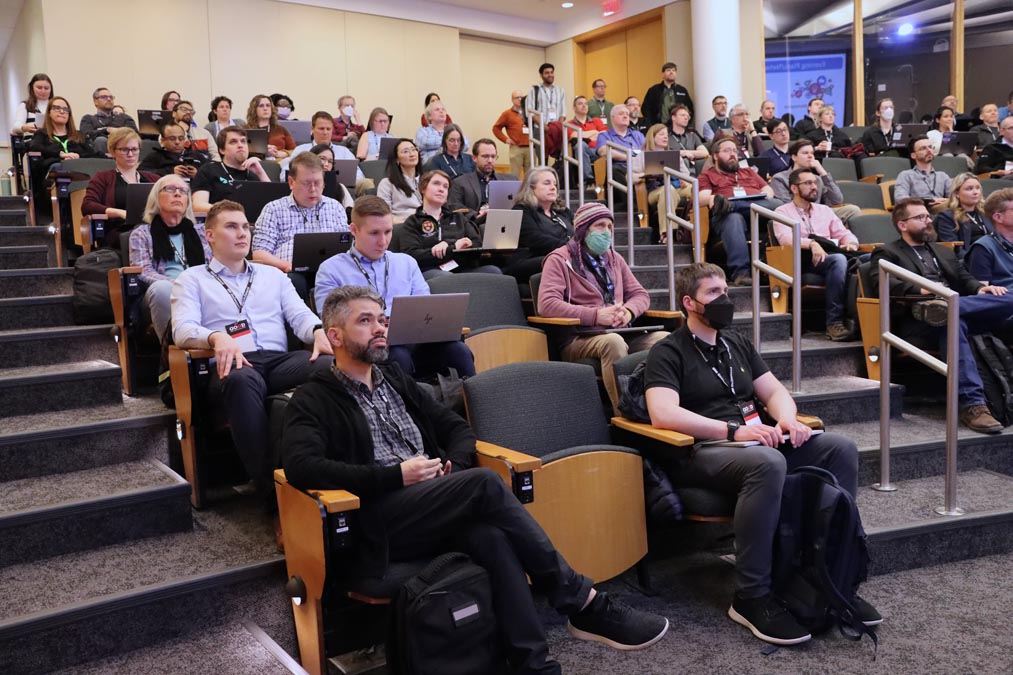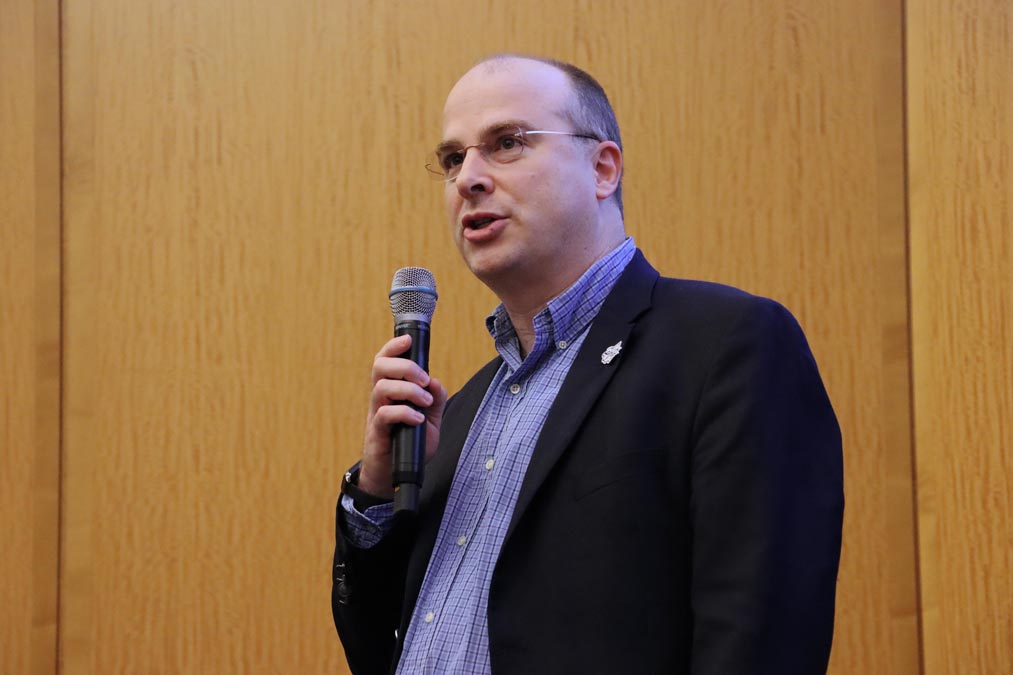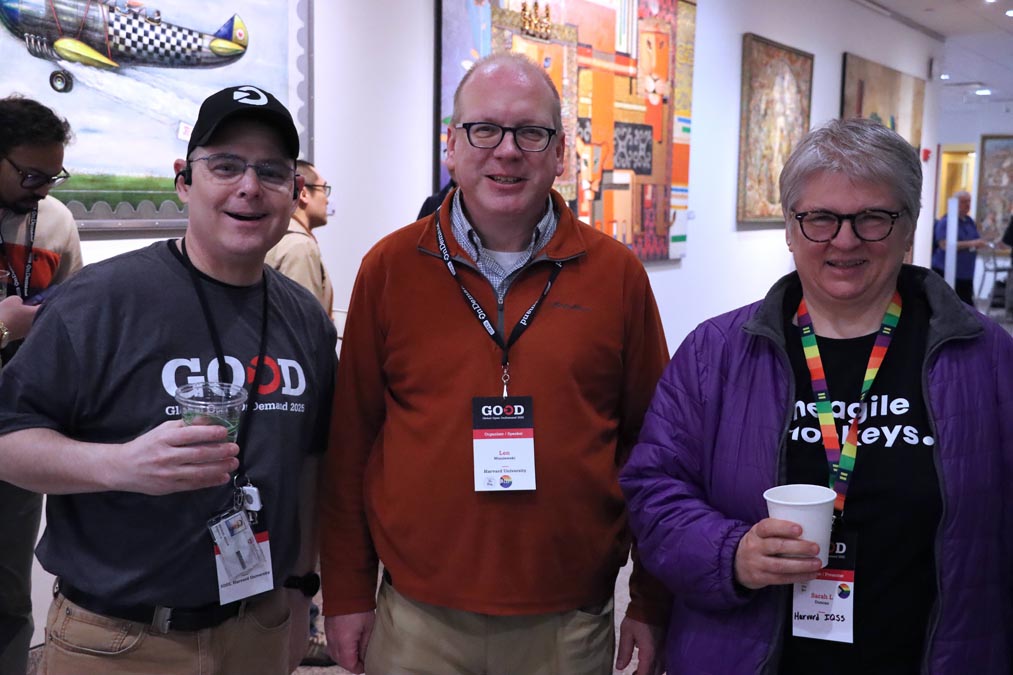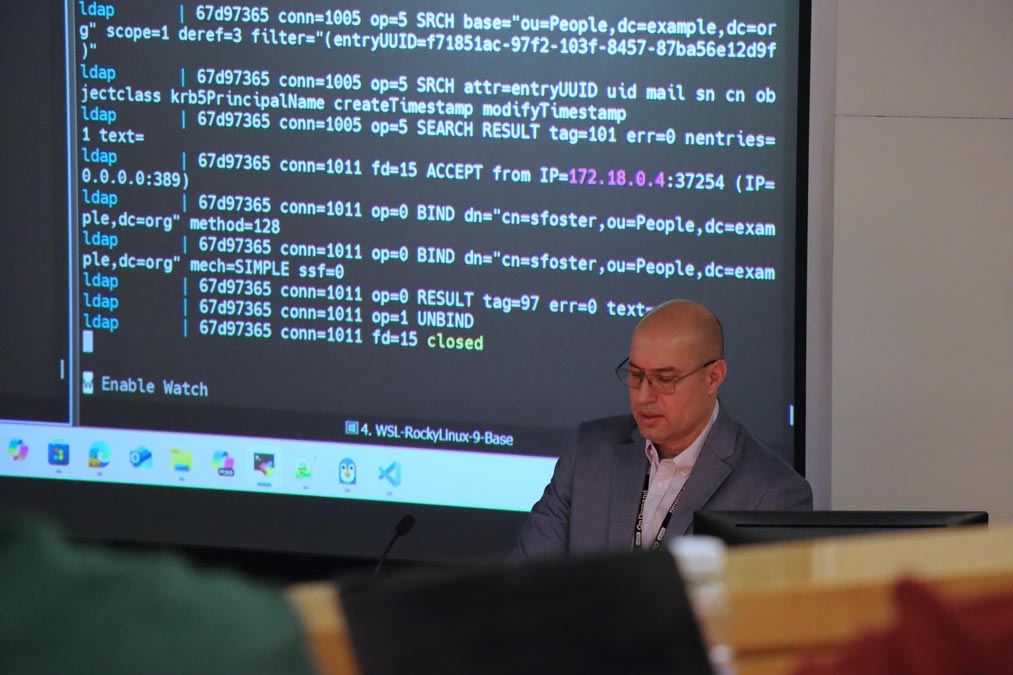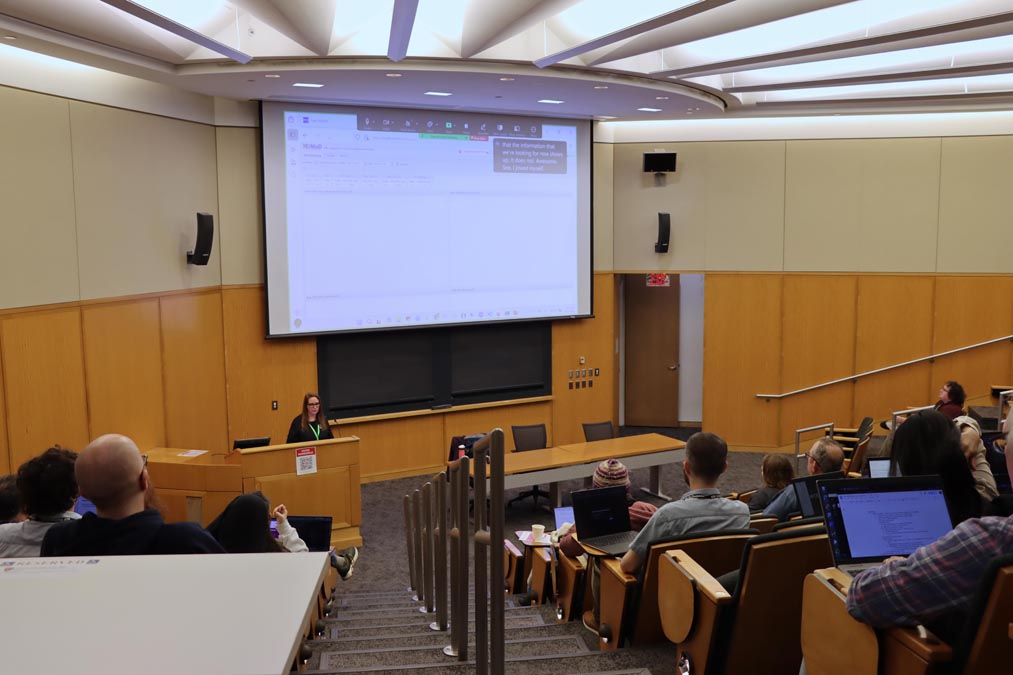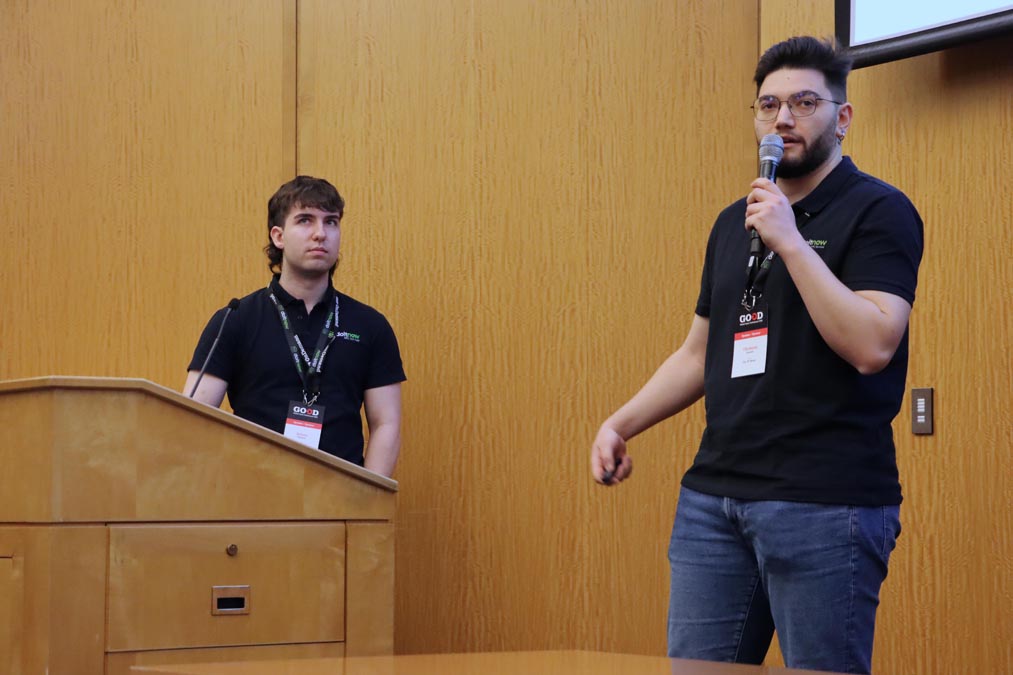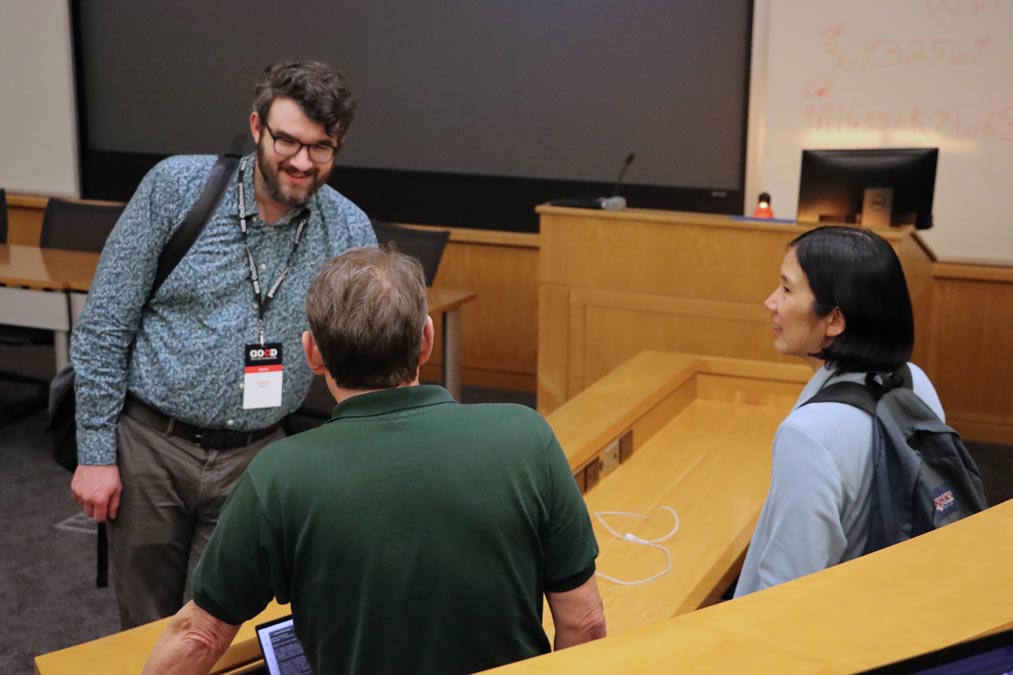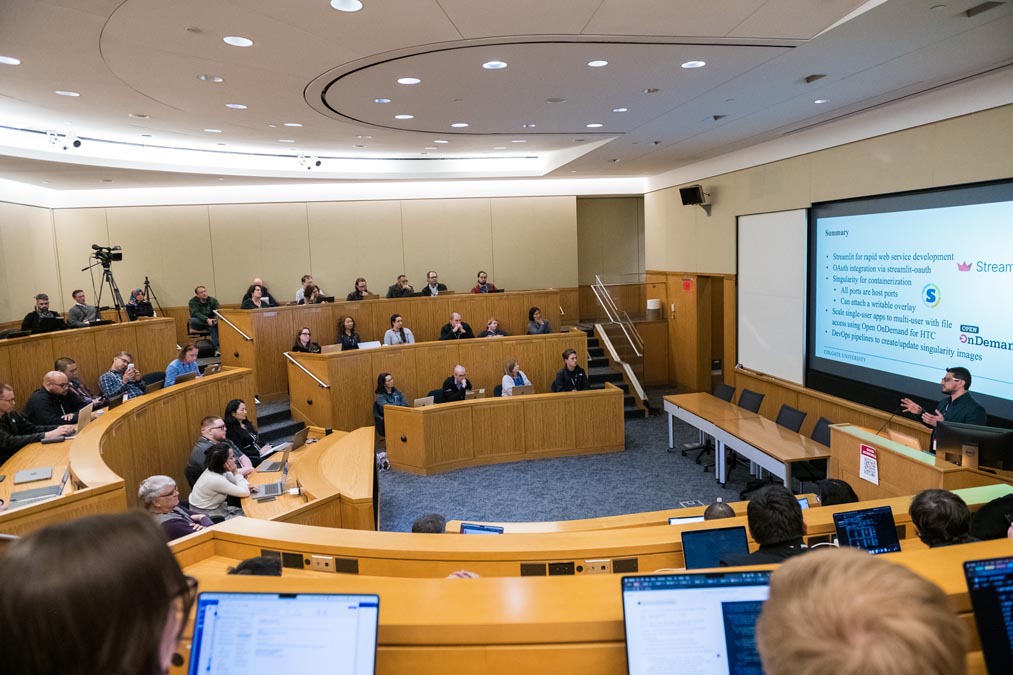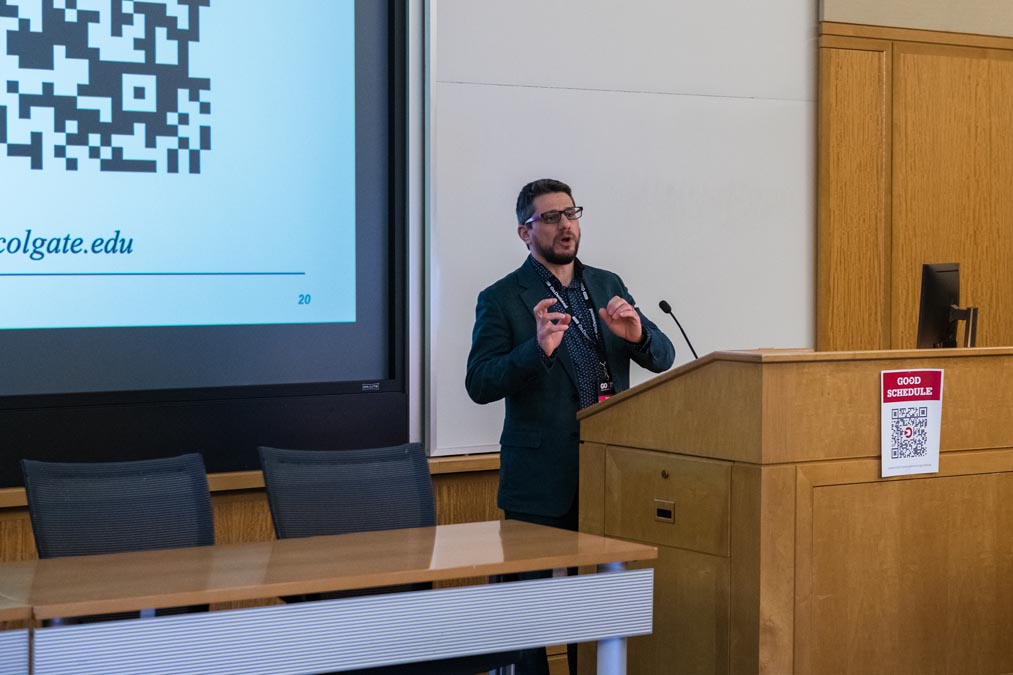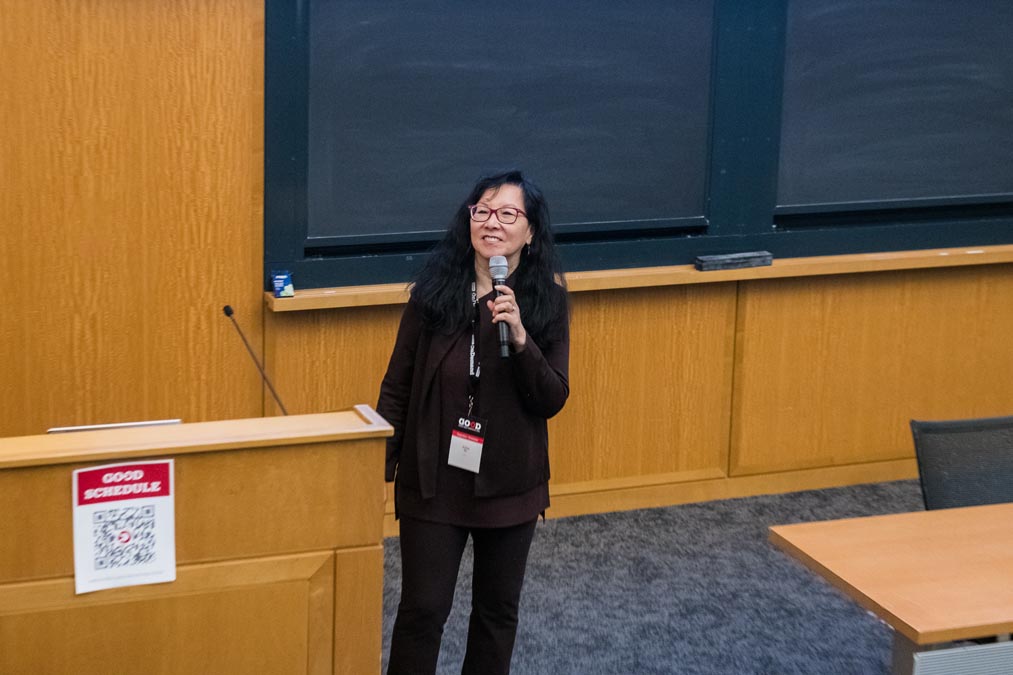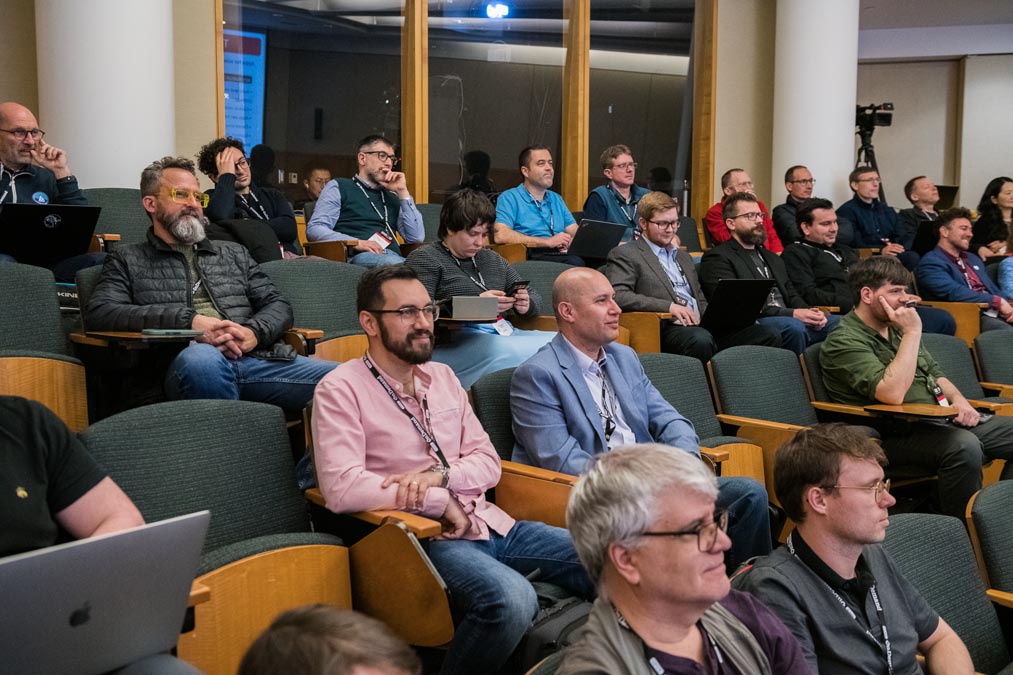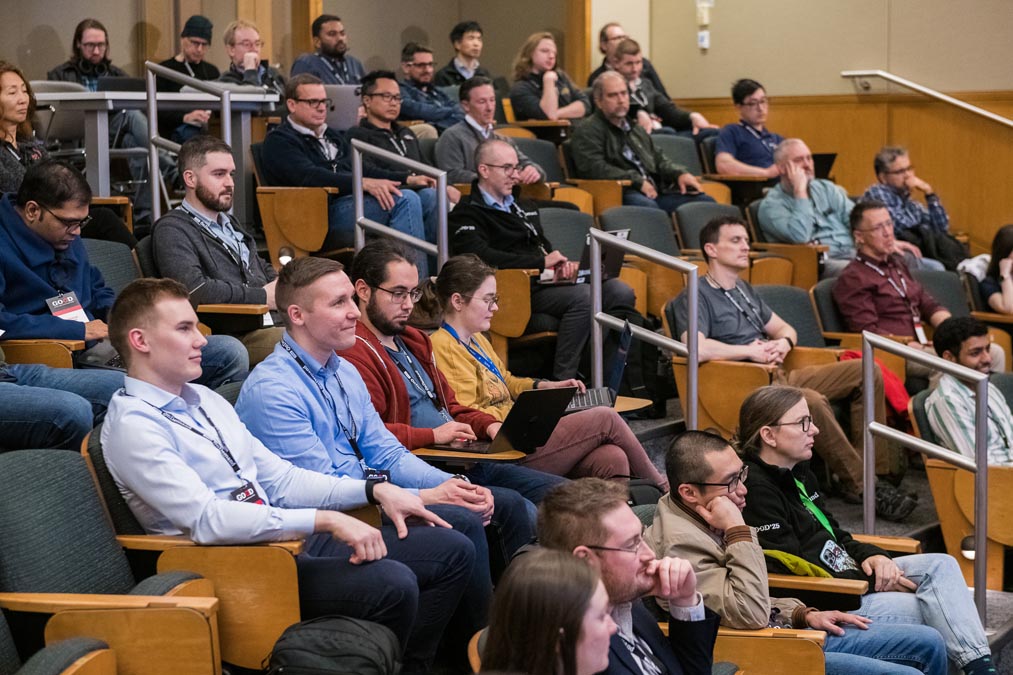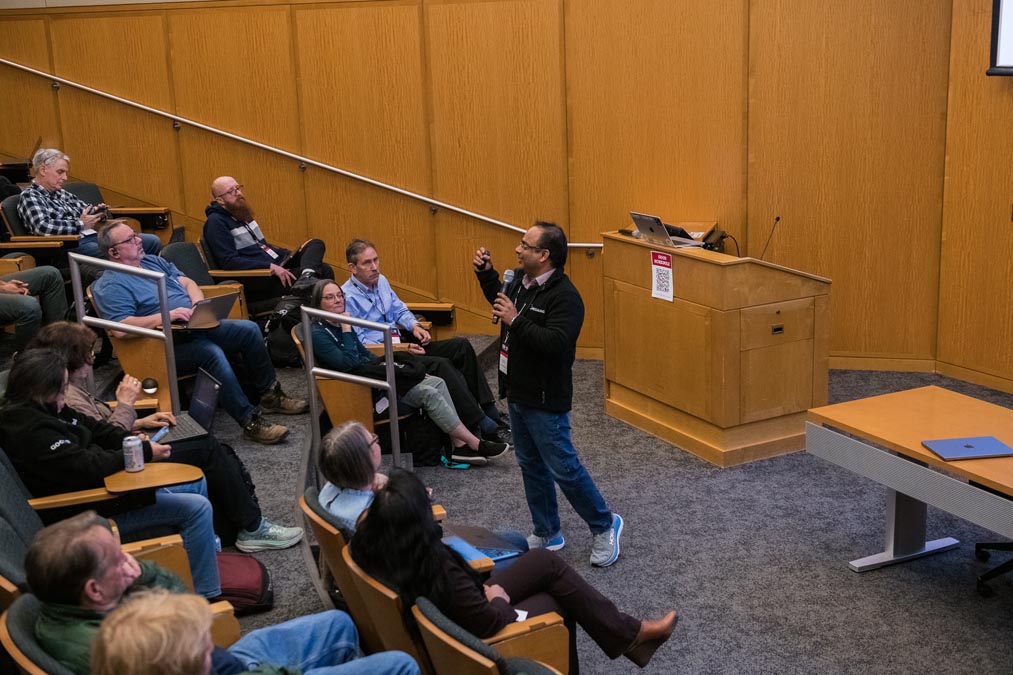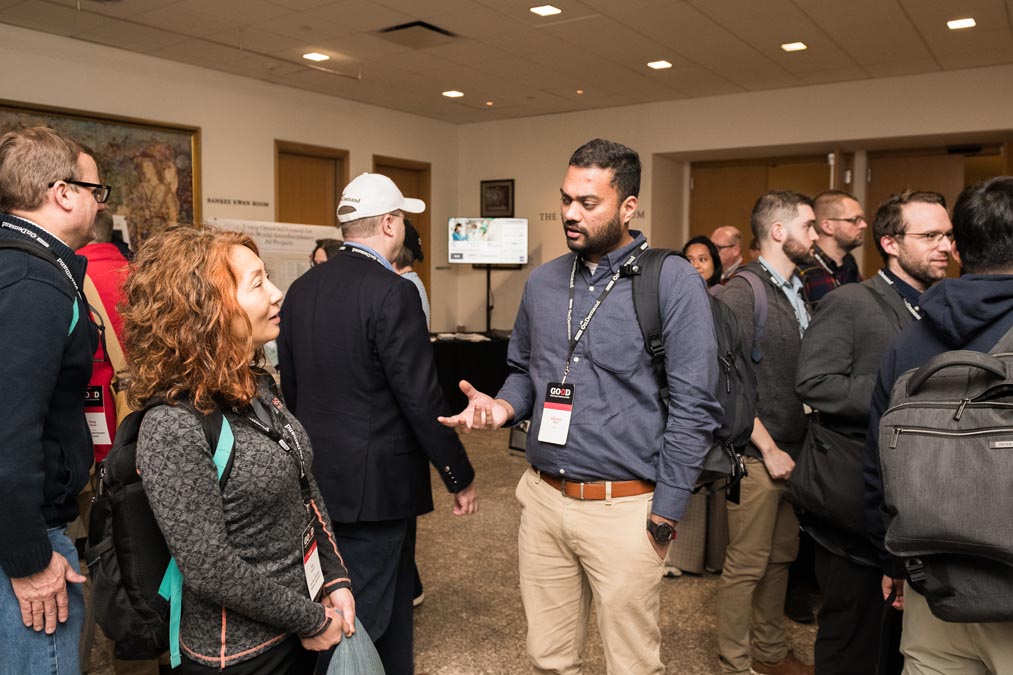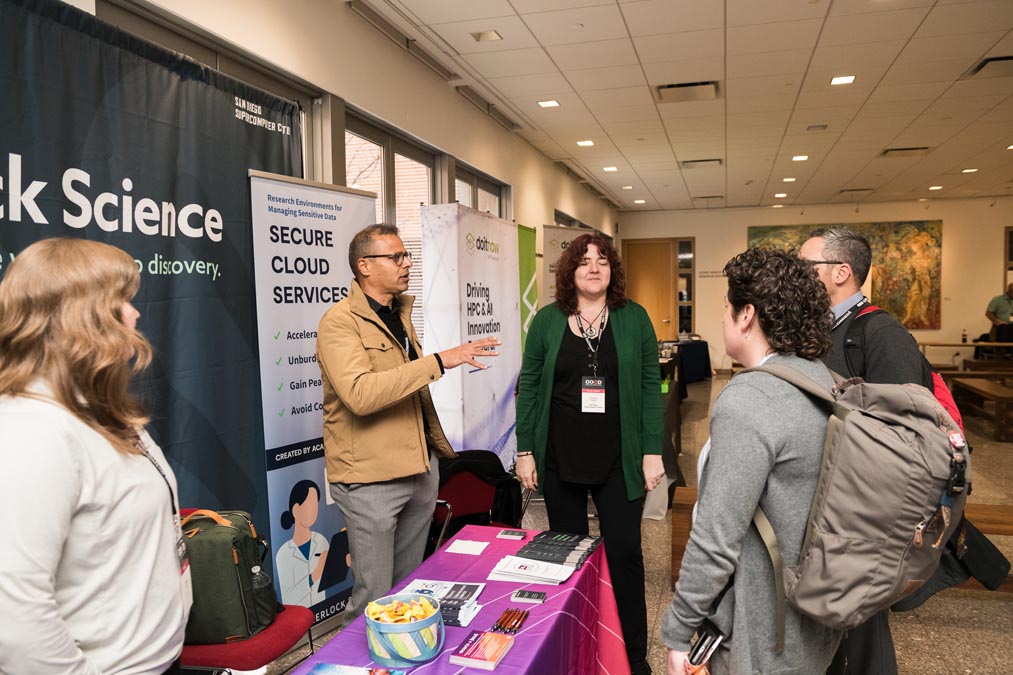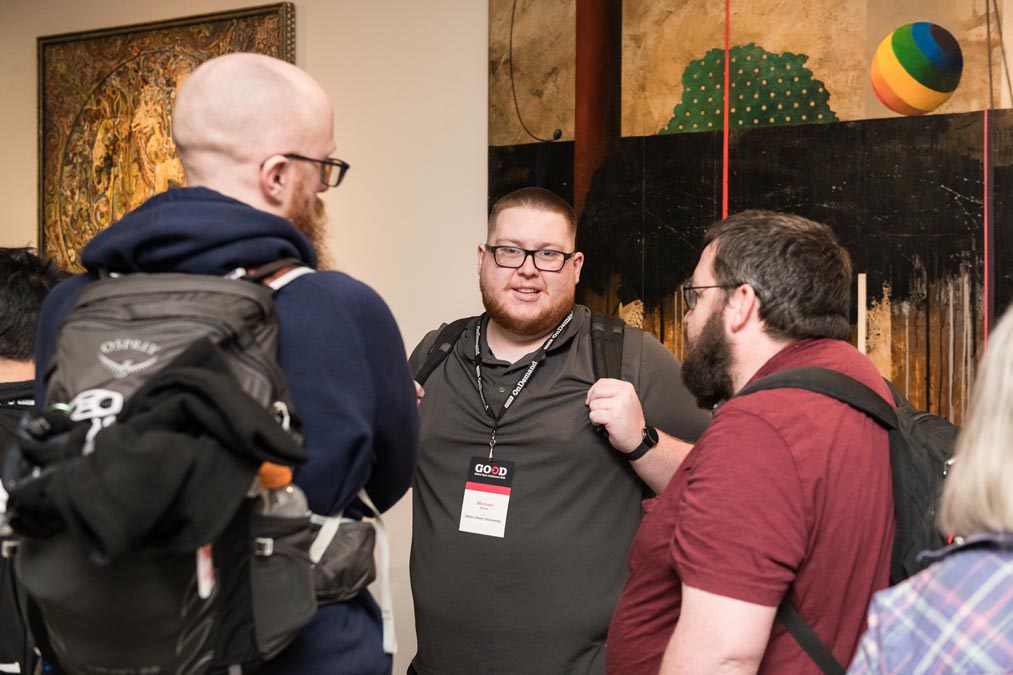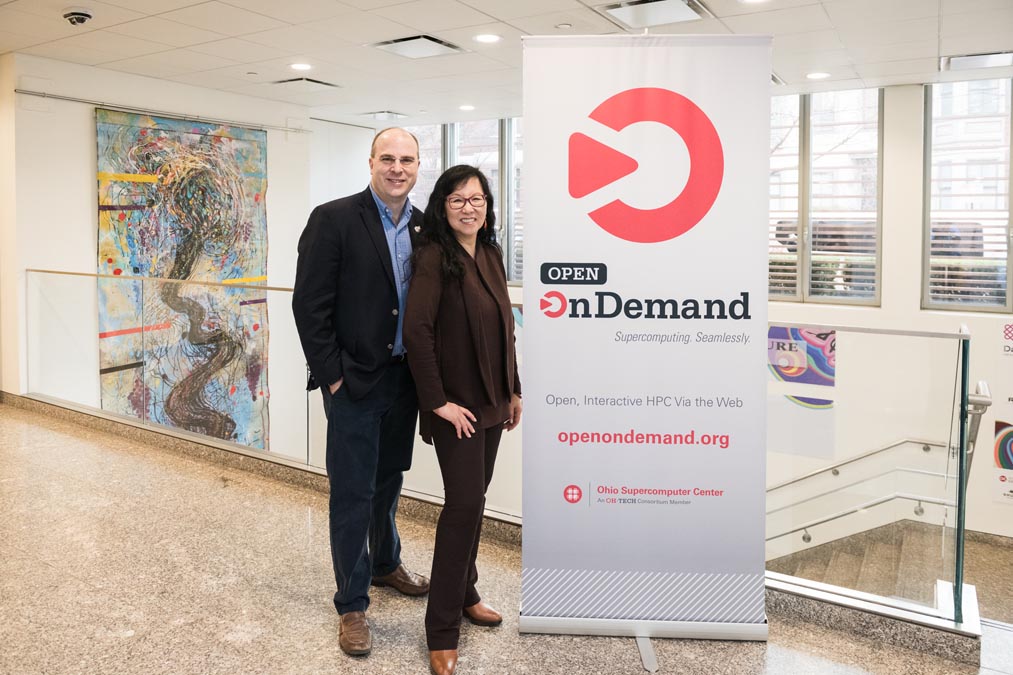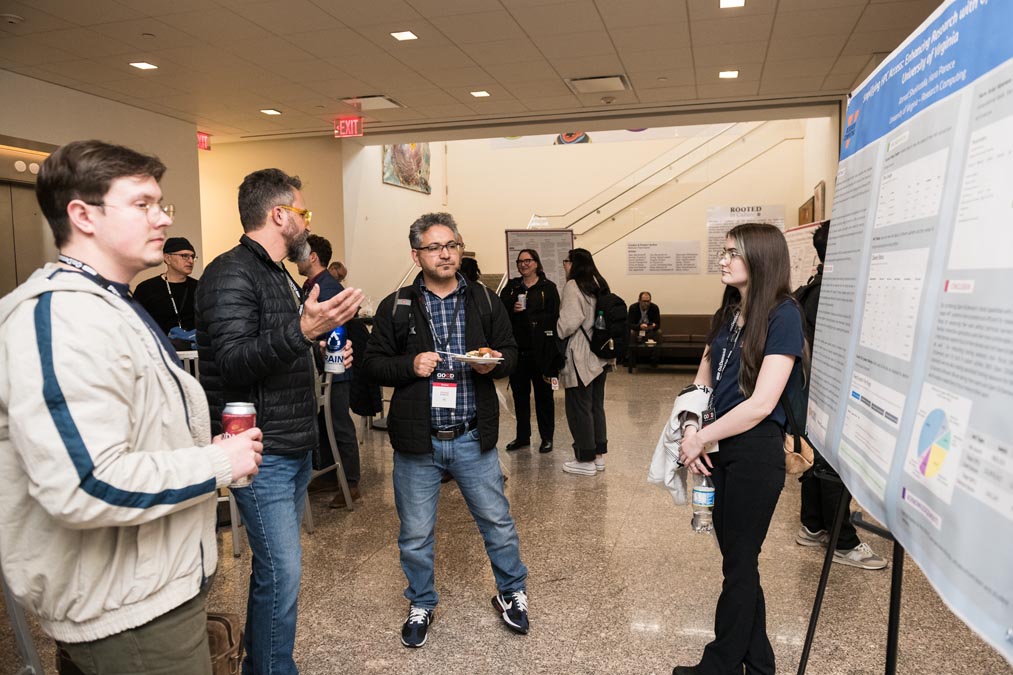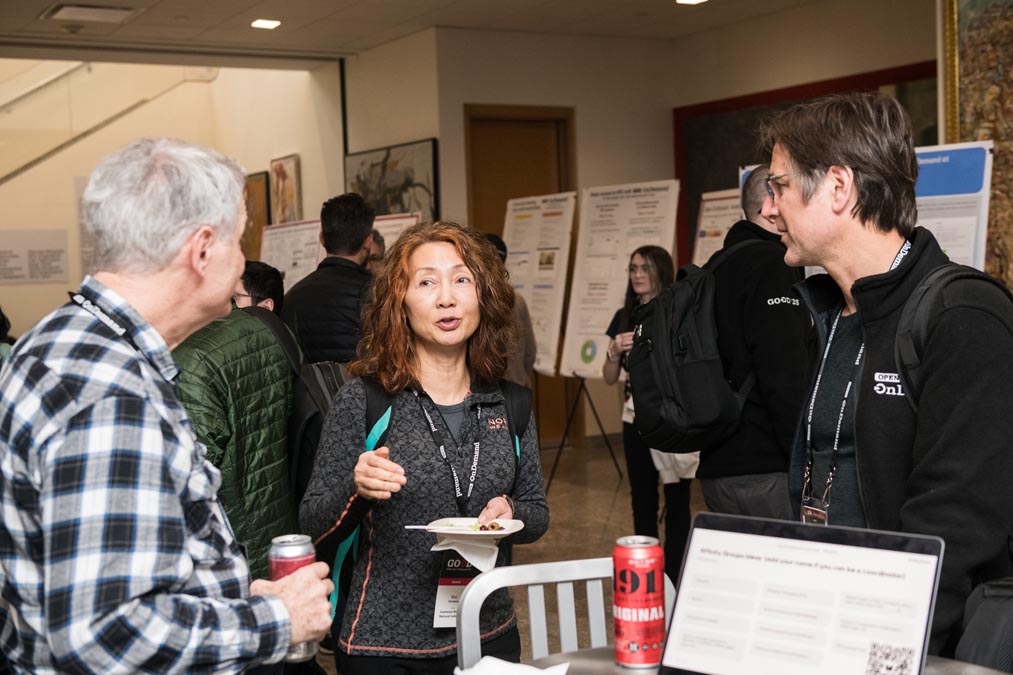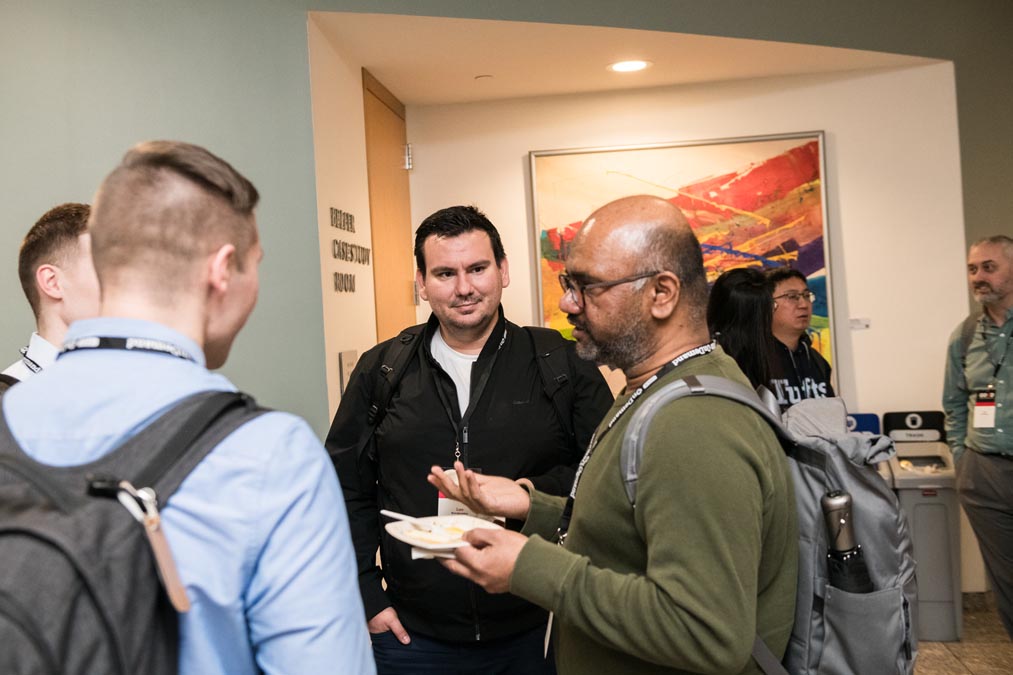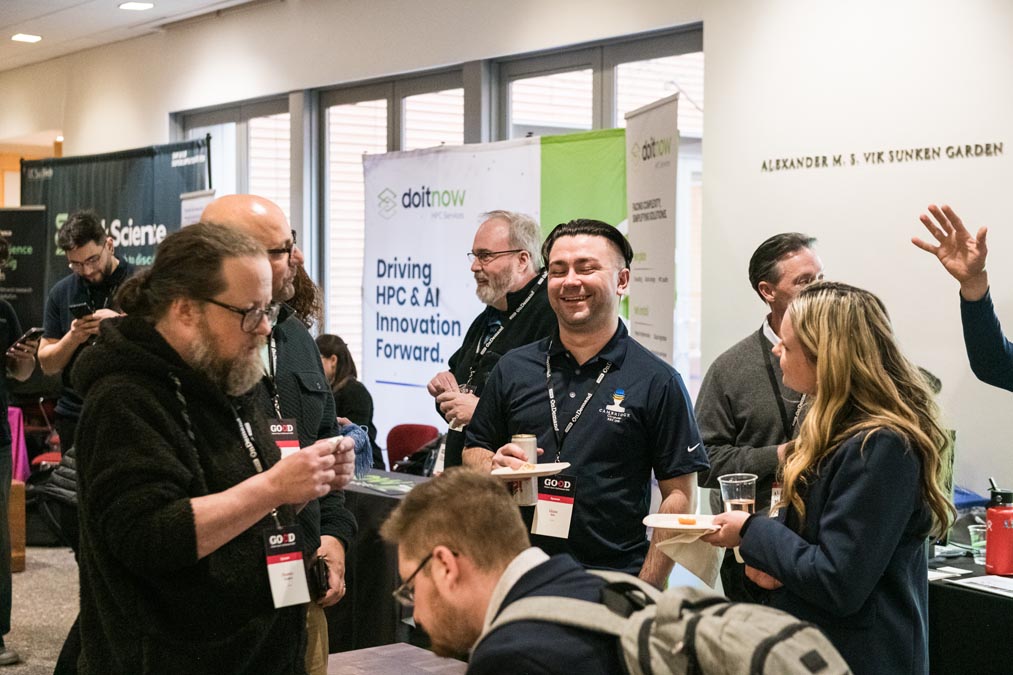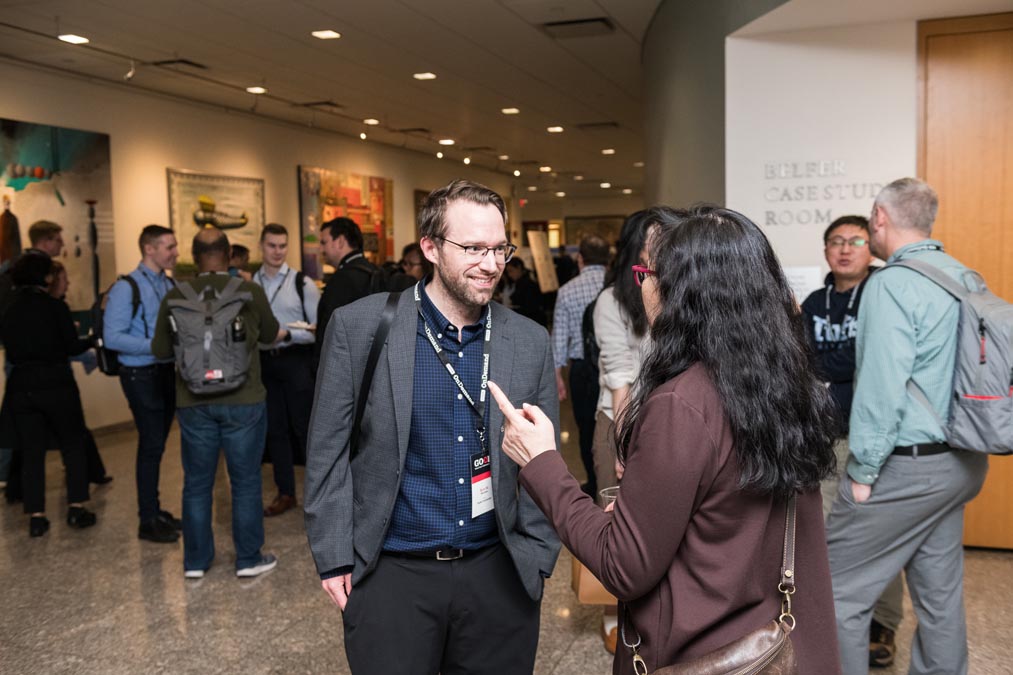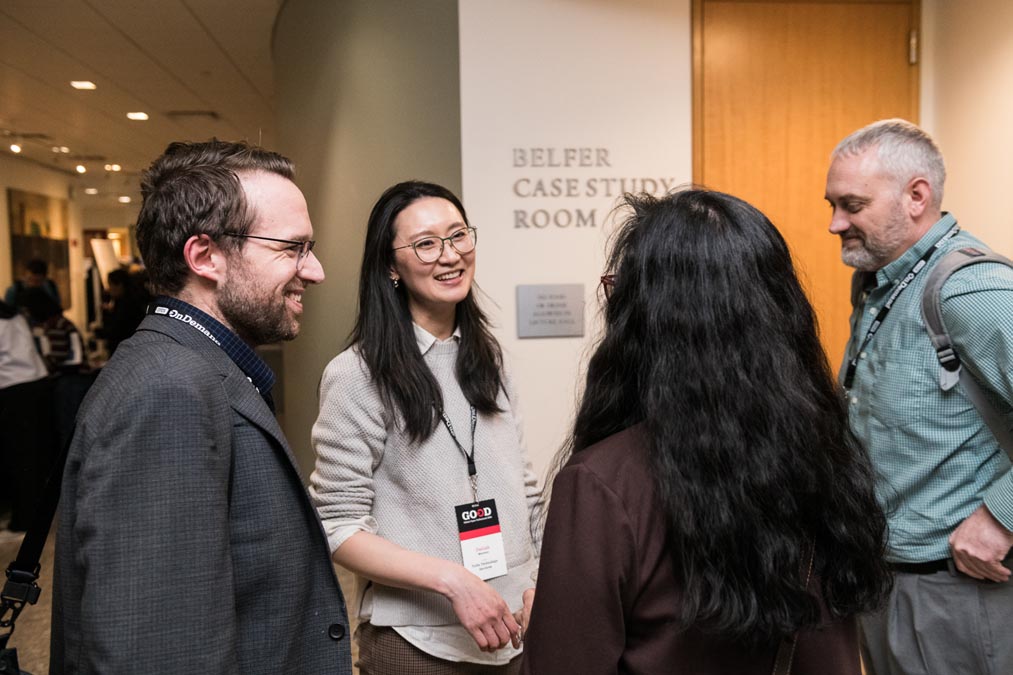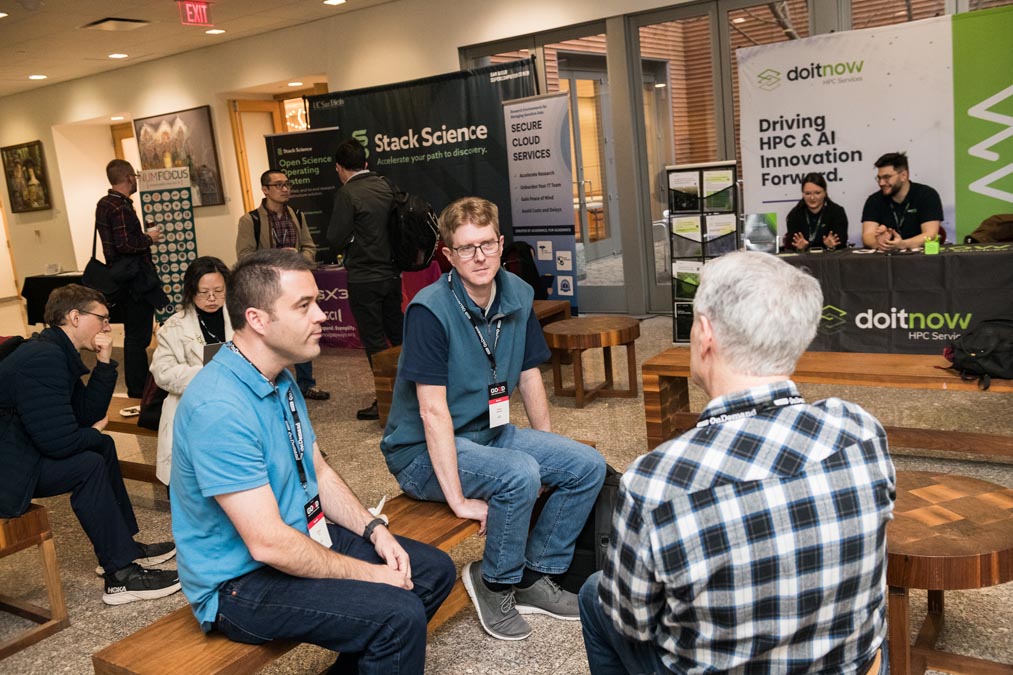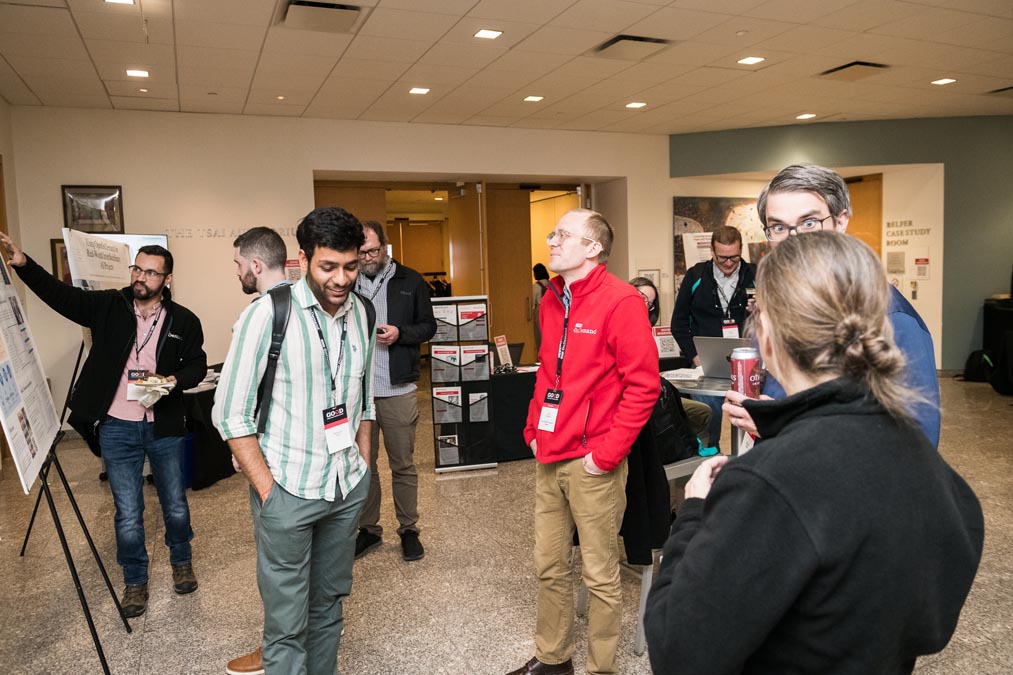The Global Open OnDemand (GOOD) conference attracted 170 attendees from 10 countries during its inaugural event March 17-20, 2025, at Harvard University in Cambridge, Massachusetts. More than 50 high performance computing (HPC) professionals, developers and researchers gave talks about how they have used and adapted the Ohio Supercomputer Center’s (OSC) Open OnDemand web portal to advance research computing at their institutions.
“The GOOD conference far exceeded our expectations for its first year,” said Alan Chalker, OSC director of strategic programs. “The presentations and discussions demonstrated how Open OnDemand has become an integral tool for many research computing operations around the world, and how our colleagues have customized the portal to support their institutions’ unique needs.”
In development since 2013 and publicly available since 2017, Open OnDemand is now deployed at thousands of sites in dozens of countries across the globe, including at public and private academic institutions, government agencies, non-profit organizations and commercial enterprises. The portal features a simple web browser interface that gives users access to HPC center resources from any device at any time. OSC estimates that Open OnDemand actively supports at least half a million researchers and students who use HPC for discovery and innovation in a variety of disciplines, from computational chemistry to digital arts.
“Open OnDemand is clearly at an inflection point.”
OSC and its partners on the Open OnDemand project developed the GOOD conference to advance the conversation and catalyze collaboration on the web portal, which has been supported by several National Science Foundation grants. Based on the success of the inaugural event—which sold out and had a waiting list for attendees—the Open OnDemand team is discussing plans for a 2026 conference.
NumFOCUS, a nonprofit that promotes open practices in research, data and scientific computing, organized the GOOD conference. The organization is working with a conference committee to produce proceedings for the event; slides and corresponding papers will be published on a dedicated website with DOIs. In addition, many of the presentations were recorded and are expected to be made available online later this spring. A full list of the presentations, tutorials and panel discussions and their abstracts may be viewed at the GOOD conference website.
Sponsors of the conference were Harvard University’s Institute for Quantitative Social Science, Cambridge Computer, Do IT Now, Intel/Dell (Platinum); Stack Science, Globus, Omnibond (Gold); and MathWorks (Silver).
The GOOD conference also provided a venue for the Open OnDemand team to advance a new governance model that is intended to provide a clear decision-making process, sustainable revenue generation and guidance to community members who want to get more involved in the development of the platform. The model features a steering council, advisory groups and working groups focused on technical topics, user documentation, contributor guidelines and community engagement.
“Open OnDemand is clearly at an inflection point, and the new governance model will help our global community support and advance the platform for years to come,” said Julie Ma, co-principal investigator of the Open OnDemand project and program director at the Massachusetts Green High Performance Computing Center (MGHPCC). “The guiding principles of the governance model are openness and transparency, active contributions and institutional neutrality. It is a living framework that will be flexible and adaptable as the project needs evolve.”
Members of the Open OnDemand community can get involved with the platform year-round by writing code or documentation, attending virtual webinars and developer office hours, and engaging in conversation on Discourse. More information is available on the Open OnDemand site.
Photo gallery
The Ohio Supercomputer Center (OSC) addresses the rising computational demands of academic and industrial research communities by providing a robust shared infrastructure and proven expertise in advanced modeling, simulation and analysis. OSC empowers scientists with the services essential to making extraordinary discoveries and innovations, partners with businesses and industry to leverage computational science as a competitive force in the global knowledge economy and leads efforts to equip the workforce with the key technology skills required for 21st century jobs.

